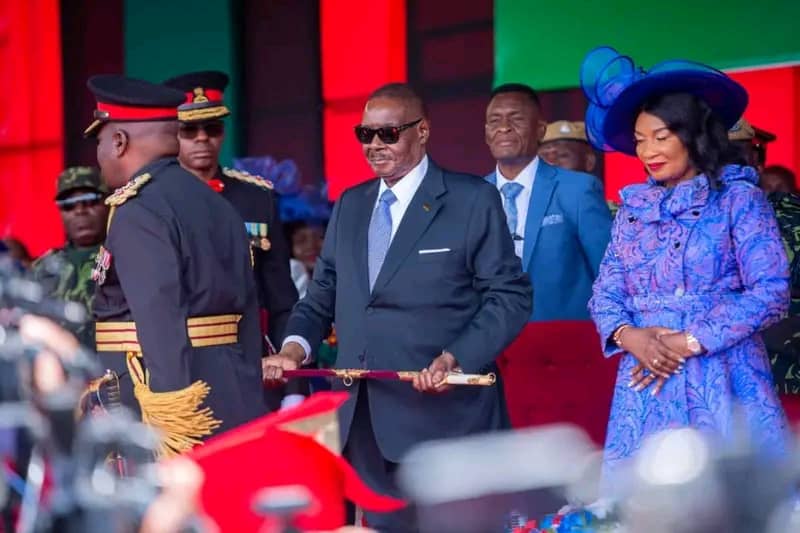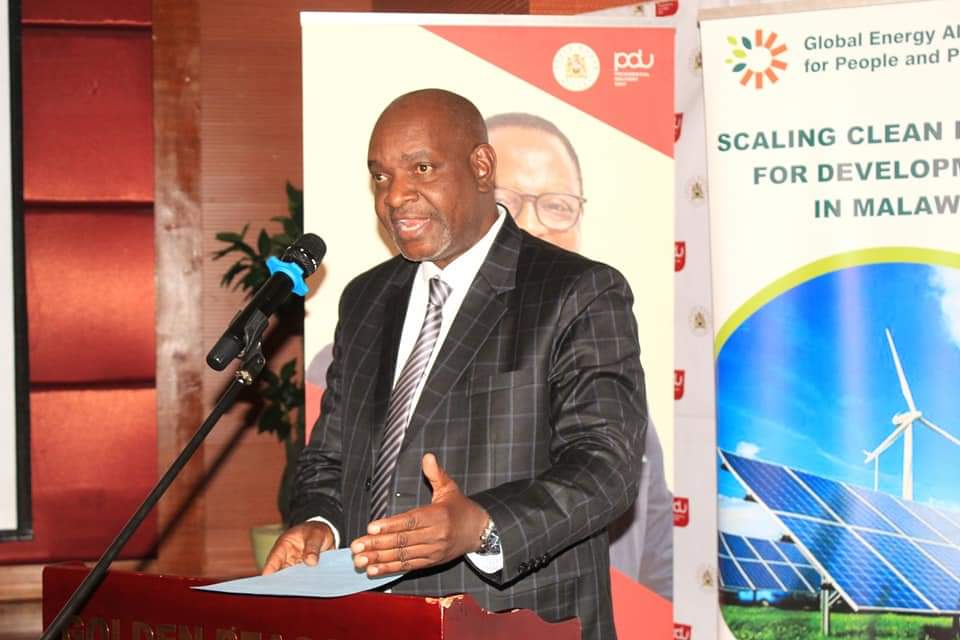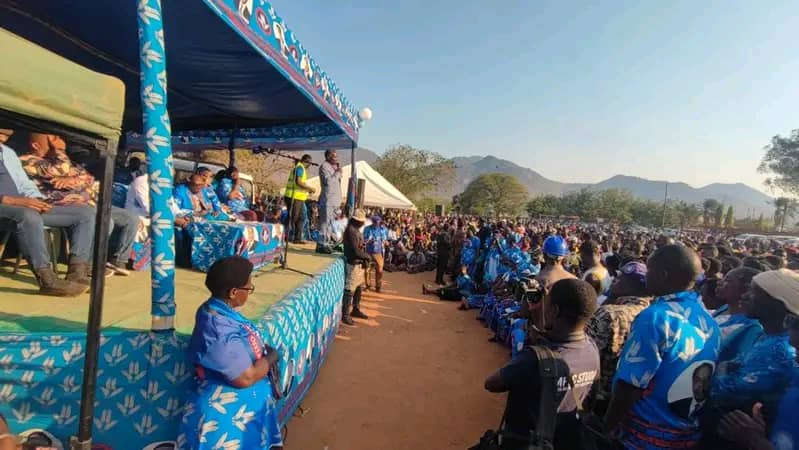As Malawi ushers in a new political chapter, citizens look beyond titles to question whether competence and integrity will finally drive national renewal.
By Burnett Munthali
The formation of President Peter Mutharika’s new cabinet has ignited national debate, with many Malawians wondering whether this lineup represents genuine change or political recycling.
Cabinet appointments often set the tone for how a government will govern—whether it will focus on reform, reward loyalty, or simply maintain the status quo.
In this case, expectations are unusually high because Malawi stands at a critical economic and social crossroads.
Citizens are weary of promises; they now demand measurable results and accountable leadership.
Alfred Gangata Appointed Minister of State in President Mutharika’s New Cabinet
At the heart of every new cabinet lies a question of competence.
Malawians want ministers who understand their portfolios and can manage them with technical depth and moral discipline.
This means looking beyond political loyalty to examine education, past performance, and leadership style.
A minister who has previously succeeded in administration or policy implementation is more likely to deliver tangible progress than one appointed merely for patronage.
Experience, however, is only part of the equation.
Representation matters deeply in a country that values inclusivity and national unity.
A balanced cabinet that reflects Malawi’s regional, gender, and generational diversity signals a government that recognizes every voice.
If certain regions or groups feel excluded, the sense of ownership in national affairs weakens—and with it, confidence in governance.
Equally important is ideological and policy alignment.
A cabinet can only function effectively when its members share a common understanding of national priorities.
If ministers pull in different directions, government machinery stalls, and policy execution becomes inconsistent.
For President Mutharika, ensuring harmony between political ambition and developmental vision will define the success of his administration.
Integrity stands as another crucial pillar.
Public service loses meaning when citizens perceive their leaders as corrupt, arrogant, or self-serving.
A minister’s credibility is not built on rhetoric but on ethical conduct, transparency, and respect for the rule of law.
In a country where corruption scandals have eroded trust, every cabinet appointment carries the weight of restoring moral leadership.
Beyond individual traits, teamwork within the cabinet determines how efficiently government functions.
Ministers must collaborate, share information, and operate under a collective vision that transcends personal interests.
When rivalry or factionalism dominates, national policy suffers, and the people pay the price.
The current cabinet’s cohesion will therefore be tested in its first months, especially as Malawi faces economic turbulence and public frustration.
Crisis management will be another defining measure.
From economic inflation to natural disasters, effective leadership depends on how quickly ministers respond, communicate, and implement solutions.
Those who hesitate or hide behind bureaucracy will lose public trust, while proactive leaders will emerge as symbols of hope.
Public expectation, more than ever, is shaping how this government will be judged.
Malawians are demanding not just service delivery but transformation—better hospitals, fair employment opportunities, and relief from rising living costs.
The people have learned to separate promises from performance, and that awareness alone increases pressure on the cabinet.
The early months of this administration will be decisive.
Initial policy statements, fiscal discipline, and visible actions will reveal whether the government intends to lead with integrity or settle into political routine.
In evaluating this cabinet, one must look at how decisions are made, resources managed, and institutions strengthened.
These are the true markers of effective governance, not slogans or ceremonial appointments.
Within three to six months, analysts and citizens alike will be in a position to measure progress against expectations.
Will this be the cabinet that redefines public service or one that merely recycles old habits under a new banner?
That question will determine not only the legacy of President Mutharika but the direction of Malawi’s governance for years to come.
For now, the nation watches, hopeful yet cautious, waiting to see if this new team can translate vision into credible action.




